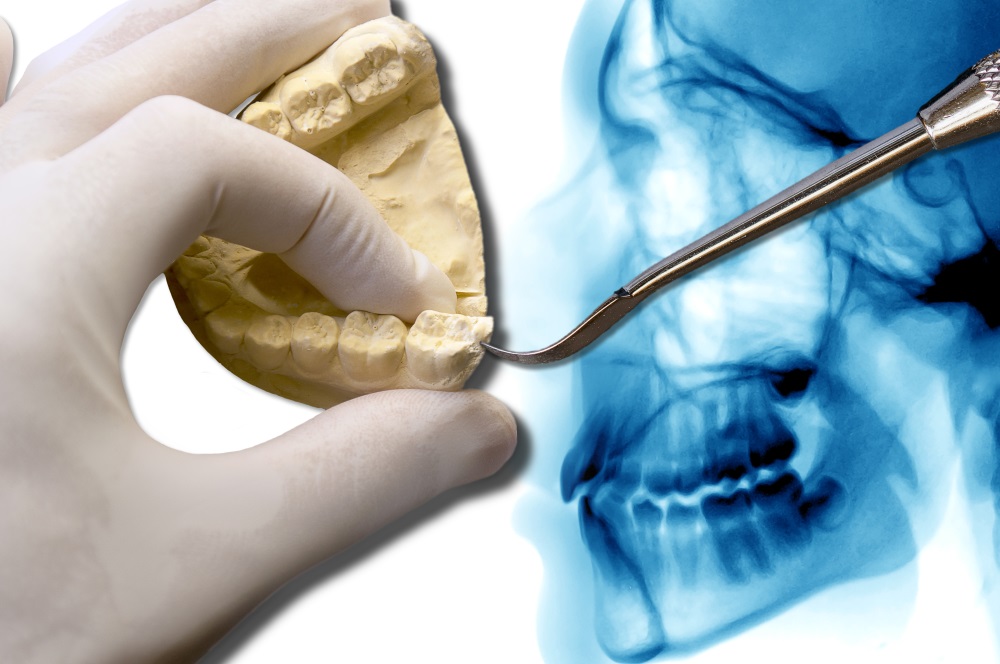Many of us remember having our wisdom teeth removed in high school or college. For millennials and generation Xers, removing these teeth was common practice and you could count on knowing at least a few classmates who would be having them removed during every school break.
For older generations, many people still have their wisdom teeth. For those that still have this third set of molars, we are commonly asked if they need to be removed or if they could be harmful in the long run.
Wisdom teeth have developed the stigma that they are somewhat useless. Just like with your appendix, they are fine to have until something goes wrong, and when it does, it normally requires immediate action. If you still have your wisdom teeth, it’s important to discuss their health with your dentist and determine if they could be doing more harm than good.
Why do we have wisdom teeth?
First, why do we have wisdom teeth (and, is that their medical name)? Our third set of molars has been given the name “wisdom teeth” since they typically come in when you are between 17 and 25 years old. There was the notion that by the time these teeth came in you would have gained more wisdom. (We’ll let parents decide on that one.)
The purpose of these teeth dates back to our prehistoric ancestors who had much larger mouths, which could easily fit 32 teeth. At that time it was important to have a large jaw since the diet was still primitive and consisted of tough meats and fibrous roots. What’s more, having an extra set of teeth offset any losses of teeth that were commonplace due to lack of hygiene awareness.
However, as humans have evolved and left the hunter and gatherer lifestyle, our jaws also changed. Thanks to softer foods, we no longer needed an extra set of molars to help break down tough content. With a smaller jaw, 32 teeth no longer fit properly. Due to this, complications occur like teeth that don’t fully erupt or become impacted.
Do they have to be pulled?
Why do so many dentists recommend wisdom teeth be removed? Sure, they might be useless, but so is our appendix and tailbone and most of us are still walking around with both.
The problem with wisdom teeth is that through their evolution, there is no longer room for them in the mouth and that results in poor root quality and oddly-shaped or angled teeth. Even if you do have the space in your mouth, there is a higher likelihood that your wisdom teeth could become infected or lead to the development of other periodontal diseases since they are so far back and hard to clean. Many times, pulling wisdom teeth is a preventative measure that is done to protect the long-term health of your mouth.
When to have them removed
There is no correct time for wisdom teeth to be removed. Many dentists recommend in the late teen years since your mouth can heal much more quickly at a younger age. However, the best time to get them removed in general is before they start to cause other oral health problems.
The procedure to remove wisdom teeth varies from patient to patient since sometimes the teeth are impacted or someone may not have a full set. The procedure shouldn’t be painful with the correct anesthesia, and is done in an outpatient setting. Proper care after the procedure is important to prevent painful side effects, too, like dry sockets.
Wisdom teeth might be somewhat useless, but they can cause significant problems if ignored. If you still have your wisdom teeth, talk to us at your next appointment and we can outline your options and help guide you in making a decision that will protect the health of your mouth for years to come.
The post Wisdom Teeth FAQ appeared first on Fort Worth Dentist | 7th Street District | H. Peter Ku, D.D.S. PA.


No comments:
Post a Comment